How do radio producers and content presenters co-create a great show? From her experience in both roles, Annie Mac has a unique perspective.
Starting as a temp producer, and ending as a star personality on one of the world’s most influential music stations; not many people can say they’ve successfully walked that career path. Annie Mac can. She went from doing one show to five shows a week on BBC Radio 1 at the former time slot of Zane Lowe. Matt Deegan interviewed her at Next Radio 2017, also about how they visualise and redistribute radio content online. “That is as crucial now as the actual show.”
“I was scared to tell anyone that I was a presenter”
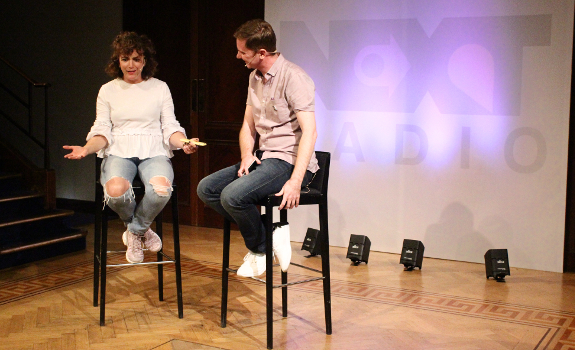
When starting out at BBC Radio 1, Annie Mac kept her dreams to herself at first (image: Next Radio)
Discover your life’s dream
Annie Mac (born Annie MacManus in Dublin in 1978) started out as a DJ while studying English Literature in Belfast. “I bought my first set of decks, and was practicing mixing, very badly, in my rented accommodation”, she admits to Next Radio co-organiser Matt Deegan. A technology course introduced her to radio production, and she discovered Radio 1 (which, growing up in the south of Ireland, she couldn’t hear before — as there was no Internet yet).
“It was Mary Anne Hobbs that made me think: I could be a radio deejay. Her show was nothing like I’ve ever heard before, because it was completely eclectic. I remember loving it, listening to it every night; recording it on my Minidisc player.” She keeps those discs in a shoebox. “Listening to her was an epiphany moment for me.” Among other women that influenced her are Emma B and Sara Cox, who were together hosting a weekend show on BBC Radio 1 back then. “I remember thinking that it sounded really fun.” She started to reach out to people, emailing presenters such as Emma B.
Live your radio passion
Her brother Davey played in a band signed to Richard Branson’s V2 Records, where she helped out for a couple of weeks, before finding a job a record promotion company that plugged songs to radio stations . “I learned a lot there, in terms of who did what show, who produced what show, and what show played what. I was learning how a production team for a specialist music show worked.”
She would then gain a broad radio experience at SBN, a provider of syndicated music shows and news bulletins to student radio stations across the UK. “I produced the hip hop show, I presented the weekend breakfast show, and I had my own In Session with Annie MacManus — not the most catchy name of all time — where I would go and record bands playing live. I had no idea how to record a band; I just winged it.” During her lunchtime at the plugging company, she often went to do recordings of interviews with bands performing in the area.
Activate your personal relationships
“My boss at the time, who is an incredible woman, saw what I wanted to do, and had a very close relationship with Rhys Hughes at BBC Radio 1.” A few weeks after they met, he called her, asking to fill in for a producer that was ill. She eagerly took the job, even though her ultimate goal was to present. “I just wanted to get in; get in that door.” A few weeks in, she secured a BA (broadcast assistant) position on the Steve Lamacq show, which aired four days a week, and had a team of two producers and two broadcast assistants, including her.
She kept her true ambition to herself, though: “I was scared to tell anyone that I was a presenter, in case they thought that I didn’t want to be there otherwise.” But her secret got out… “We were doing a board meeting, and Mike Davies — who went on to present the Punk Show — googled my name on the keyboard of this big screen in front of us all, and my name came up with In Session with Annie MacManus, with this band; with that band… and they were like: what are these?”
“I wanted to keep challenging myself”
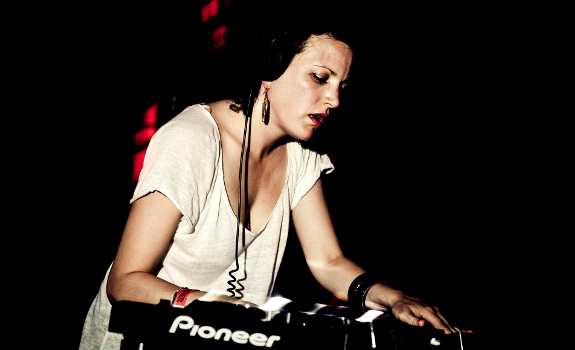
Annie Mac behind the wheels of steel as a party DJ on Ibiza (image: Flickr / Amnesia Ibiza)
Direct your career journey
One of the people who were exposed to the secret was Hana Brown, a producer under which she worked. “She was incredibly supportive, and kind of acknowledged it with me.” Mac got a chance to get some low-profile experience on air, like reading entertainment news, and voicing music bits. “Joe Harland was my editor at the time, and gave me one of the best bits of advice I’ve ever had: make a pilot of you presenting the show that you want to present, so they know how you’re going to sound in that place.”
“I had a dream show at Radio 1 that I listened to religiously, which was The Breezeblock; Mary Anne Hobbs’ show. So I did a pilot for that, and then I got the call, saying that they wanted an adapt for that show, and I got given a Thusday night dance show that happened just before John Peel’s show. I was happy! I had a goal to be a Radio 1 deejay, and I was.”
Acknowledge your production staff
“Having that experience of two years working behind the scenes is probably the best thing that ever happened to me as a presenter. It’s knowing how a radio show works, and how a radio team can work together well. It’s made me appreciate what the people who work on a show have to do.” Although it was a tough road in her personal experience, she does know other examples of successful presenters who started out as producer. “There’s a girl called Jamz Supernova at 1Xtra who’s so good, and started out being an AP [assistant producer] just a few years ago.”
Mac decided to leave her production work at Radio 1 to focus on her show, and on her freelance DJ work that took off, too. “I’ve been deejaying since I was nineteen or twenty at house parties for my own enjoyment.” As soon as her name was connected to BBC Radio 1, she got a lot of phone calls for booking enquiries. “I was really thrown in at the deep end, and had to learn really quickly how to deejay in front of people. I used to bring a piece of paper with exactly what to play in what order, but I got a bit braver over time.”
Create your backup plan
In the beginning, she only had one show a week on the station. “Two, three hours a week is not a lot of time. It can take you a couple of days to get the music together, but I had time; I wanted to keep challenging myself. Annie Mac Presents was born out of that. It grew a lot. We do festivals and compilations, and I really enjoy it. Another really good piece of advice that I’ve got, was: don’t put all your eggs in once basket.”
In her case, there was no need to worry; her BBC gig expanded to her very well-known electronic dance music show on Friday evening, and to another show on Sunday night. “Both of those had the rare thing of being able to represent the exact mood that the audience are in at the time.” Her weekend warm-up Friday night show therefore felt different from her weekend cool-down Sunday night program. “We called it ‘the musical hot water bubble’… probably the worst thing for a radio show ever…! Really chilled; really relaxed. People loved that, and I loved doing it.”
“I think it’s a real team effort”
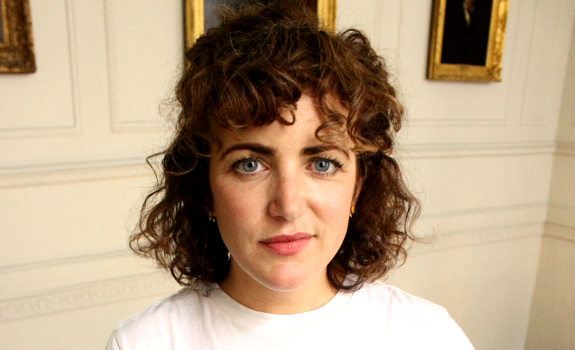
Annie Mac values a good relation with her station, her team, and her guests (image: Next Radio)
Establish your own network
When Zane Lowe left for Beats 1 in 2015, Mac was asked to take over his Monday-Thursday slot, therefore allowing her to broadcast every weekday on the leading new music station in the UK. “When I got the call, I was absolutely shocked, but obviously completely delighted. All I ever wanted was a daily radio show, and getting to keep the Friday on top, which I worked so hard on to build stuff up around that, was a bonus. I shed a tear, and then I was terrified.”
“I remember going in at Zane’s last show. He had this hashtag on the last day. Bono from U2 sent in a pint of Guinness, Chris Martin hashtagged #ThankYouZane, and I was like: I’m f*cked! He knows everybody… it was terrifying. The first thing I learned after a couple of weeks was that everybody is new at some point, and if you do any job for twelve years, you’re gonna be adept, and have relationships that you build up. The fear dissipated once I got into the rhythm of it.”
Appreciate your station & team
The evening slot allowed her enjoy more musical freedom compared to hosting a daytime show, which would rely more on the BBC Radio 1 playlist. “I come from that staunch ‘Radio 1 at night perspective’ of like: ‘we gotta’ do what we do; who cares about the system!’ I have developed a new and healthy respect for the music industry, and for what it does, and also for the effort that Radio 1 makes. I think it’s a real team effort.” Over the years, she’s interviewed many popular artists and new talents in her show.
“I’m lucky enough to have the most incredible radio team that I’ve ever had in terms of how it works. They all play their roles, but ultimately, when I don’t want to play something, I won’t.” The amount of weekly music releases is a challenge to keep up, especially now everyone can produce electronic dance music on a computer: “It used to be like two mail sacks worth. I remember John slinging them over his shoulder like a Santa Clause, putting them in the boot of his car and driving them back every week. You can’t quantify it. It’s endless. End-less.”
Distribute your show multi-platform
Annie Mac wants her show to be multi-formatted. “One of the biggest things we’ve done, is to have a content producer. Someone who will sit in the studio, and record what goes on on video; type it up; put it on Instagram; put it on Facebook, in short, snappy, very usable and sharable clips. Many people don’t even listen to my show, but know what’s happening, because they’re following me on Twitter or they’re following Radio 1. I feel like that is as crucial now as the actual show.” Essential are videos with sub titles, as many people are watching video with the audio off.
Her two young children live in a musical household; her life partner Toddla T is also a DJ (as well as composer, producer and remixer), and can also be heard on BBC Radio 1. Will their kids follow in their footsteps? “I’d like it if they liked music as much as we do, otherwise they’re not gonna’ have much fun growing up. But no expectations — just to be happy.” She says her now 4-year-old son has no idea what his mother does yet. “He’s come into the radio a few times when I’ve gone in to see Grimmy in the mornings, but everytime I turn the radio on, he turns it off…! He’s learned how to put a CD on, and he just turns it off, so make of that what you will.”

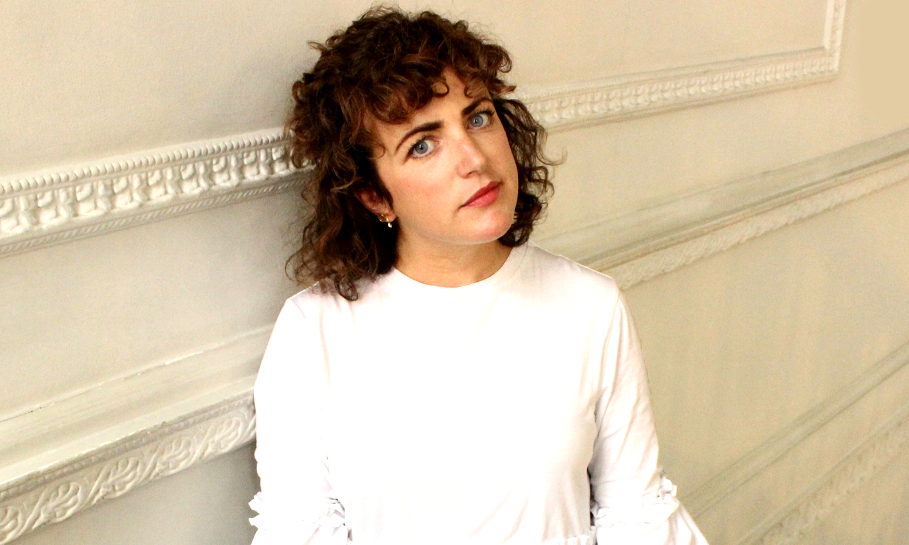
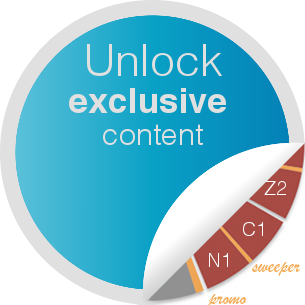


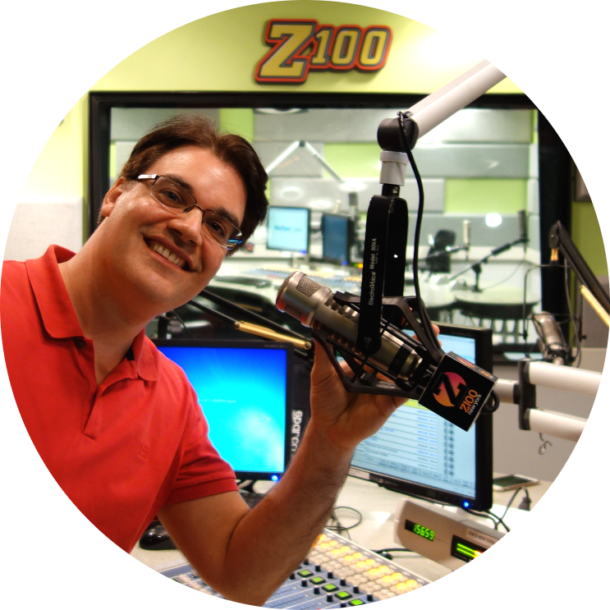
Add Your Comment